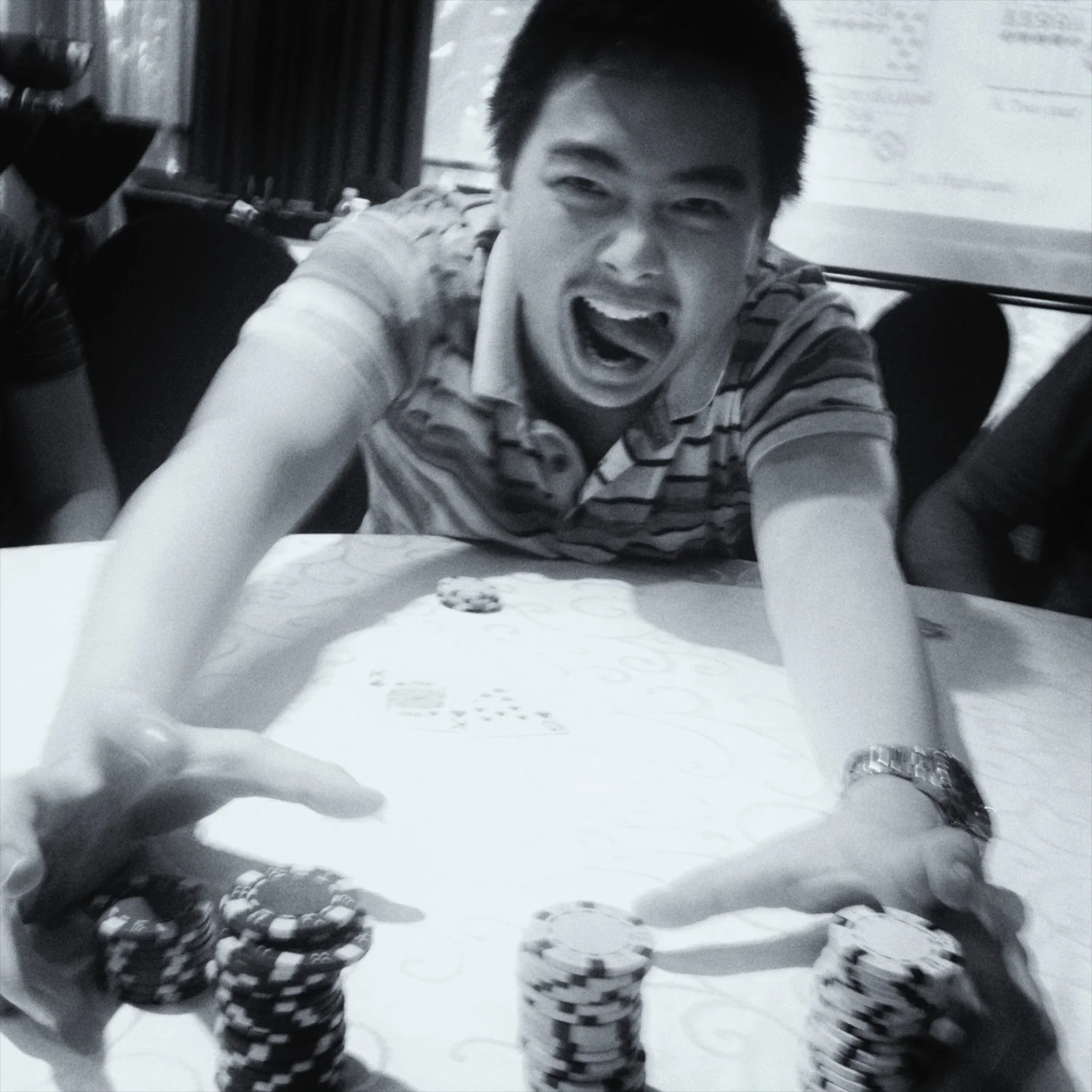Equitable Decisions
Every decision your employees make impacts the profitability of your organisation. Most of these decisions are far from perfect. Our decisions are influenced by emotions, wishful thinking or routine. We misconstrue opportunity and risk. We often guess, then rationalise.
Our Equitable Decisions programme offers a decision-making template that matches your personal decision-making styles and preferences. It helps you understand the nature and significance of critical thinking. It teaches you how to distinguish facts from opinions, how to gather, process and apply information.
Your employees make a lot of consequential decisions daily. Let them make the best ones.
Objectives
- Make better decisions by understanding and controlling routines and emotions
- Understand the proper assessment of the connection between decisions and results
- Make decisions using scarce resources based on Expected Value
- Understand the nature and importance of critical thinking; assess the relevance of facts, and distinguish them from opinions
- Understand the techniques of information gathering, processing and application
- Understand your personal decision-making styles and preferences
- Learn how to apply our decision-making template
Experiential Methodology
We do all of the above by using Poker. Why? We’ll give you 3 good reasons.
- Poker creates pure decision situations. Sports always leave a lasting impact over decision-making power of an individual. Poker, in particular, can direct people to the take right decisions at the right time. How is it possible? In poker tournament, a player may have to take thousands of decisions; every one is tagged with different possibilities of favourable outcomes. Skills that define successful managers - rational approach toward risk, speedy decision-making under pressure, discipline and a well-trained memory - are the same ones that separate elite poker players from ones known as “dead money”.
- Poker is an outstanding modelling tool. Whether we like it or not, our character is stripped at the poker table, giving participants enormous opportunities to see their natural decision-making patterns. The game’s periodic nature also creates an excellent opportunity to ‘freeze” the situation and analyse participants’ alternatives.
- Poker is thrilling. People play games to stay fit, physically and mentally, or to get entertained. Especially to get entertained. There's a world of difference between watching a PowerPoint about decision-making or learning it while having fun.











